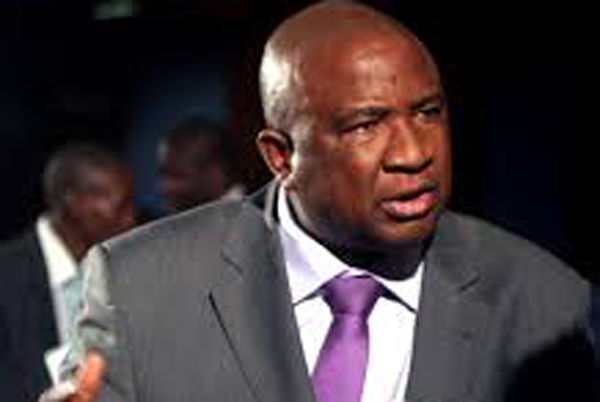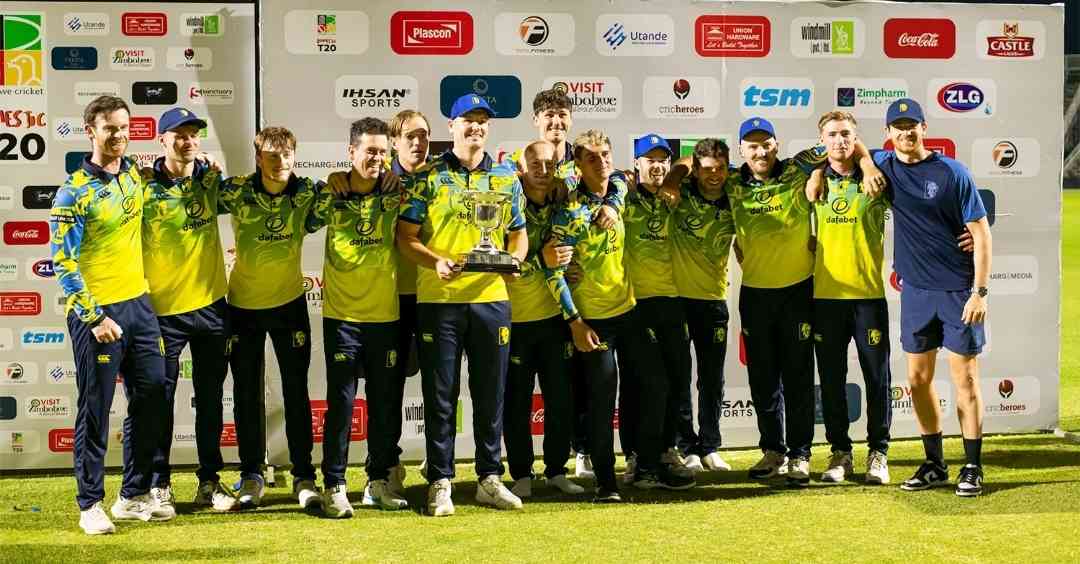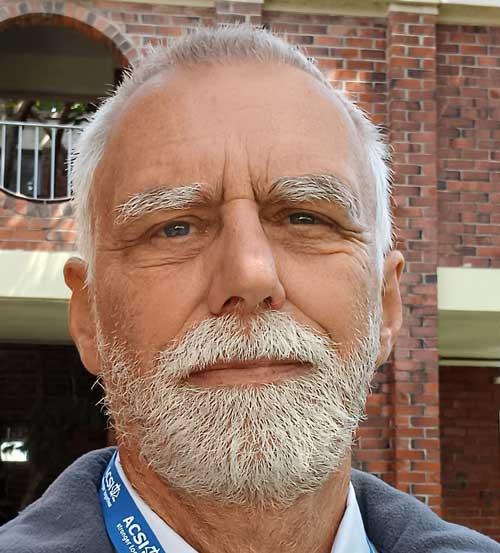
THE local football governing body’s decision to dissolve Zifa and replace it with the newly-formed National Football Association of Zimbabwe (NFAZ) appears to have usurped the powers of the Premier League (PSL) which was created in 1993, as an autonomous body, Standardsport can exclusively reveal.
BY DANIEL NHAKANISO
An extraordinary congress convened at Zifa Village last Saturday resolved to dissolve Zifa with effect from June 6, after which the NFAZ was immediately established to take over the running of football in Zimbabwe.
An election was hurriedly conducted on the eve of the Warriors’ 2017 Africa Cup of Nations qualifier against Malawi, where Premier Soccer League (PSL) chief executive officer Kenny Ndebele was appointed secretary-general of NFAZ.
The executive committee comprises of Philip Chiyangwa (president), Omega Sibanda as first vice-president and PSL chairman Peter Dube as second vice-president.
Other members are Philemon Machana, Piraishe Mabhena, Felton Kamambo, Beaula Msara and the four regional presidents are Musa Mandaza, Stanley Chapeta, Davison Muchena and Willard Manyengavana.
Chiyangwa later announced that Zifa had folded with a debt of over $6 million and had reformed under a new name.
“I can tell you confidently that we don’t owe anybody anymore,” said Chiyangwa, proudly.
- Chamisa under fire over US$120K donation
- Mavhunga puts DeMbare into Chibuku quarterfinals
- Pension funds bet on Cabora Bassa oilfields
- Councils defy govt fire tender directive
Keep Reading
“Those that feel aggrieved must approach liquidators. The whole process has been approved by Fifa,” he added.
The developments have, however, sparked outrage from football stakeholders with the Lifelong Footballers’ Trust of Zimbabwe (LIFTZ) challenging the legality of the process through a petition to the Sport and Recreation Commission (SRC).
Although the decision to dissolve Zifa is seen as an attempt to get rid of the $6m debt incurred by the previous administration, it could still come back to haunt the new administration as several rules appear to have been outed in the process.
The SRC is yet to register NFAZ, while world football governing body Fifa last week said it “has not received any communication on the outcome of Zifa’s extraordinary congress on June 4 2016 to decide on the possible dissolution of the association”.
And the biggest loser from the whole process will be the PSL as it will no longer be autonomous as a stand-alone entity affiliated to the national association and will instead revert back to the old system of being run under the NFAZ.
Sources told Standardsport that Twine Phiri was reportedly against the moves by the local governing body to take control of the PSL and was fired by Chiyangwa when he won elections, early February.
“Chiyangwa had already set his sights on ensuring that the PSL loses its autonomy and comes under the national association and that’s why he pushed for Phiri’s ouster,” a source said.
“It appears to be a step backwards, when you look at what other nations are doing, especially our neighbours South Africa. South African Football Association has allowed their professional wing the freedom to be a standalone entity to generate more income and maximise their potential through packaging their product and that’s why it has risen to become one of the best well-run leagues on the continent. The PSL had already shown that it had the potential, with the coming in of SuperSport and other sponsors, but all that success could now be undone.”
Originally governed Zifa, which itself was renamed from the Rhodesian Football Association, the modern-day PSL was created in 1993 as an autonomous body. The late Morrison Sifelani, who was the first PSL chairman and Chris Sibanda (first secretary-general) are credited for the formation of the breakaway National Premier Soccer League, which later became the PSL.
This was hailed as a step in the right direction as it ushered in a new era in top-flight football where clubs were given more control over their finances and operations.











